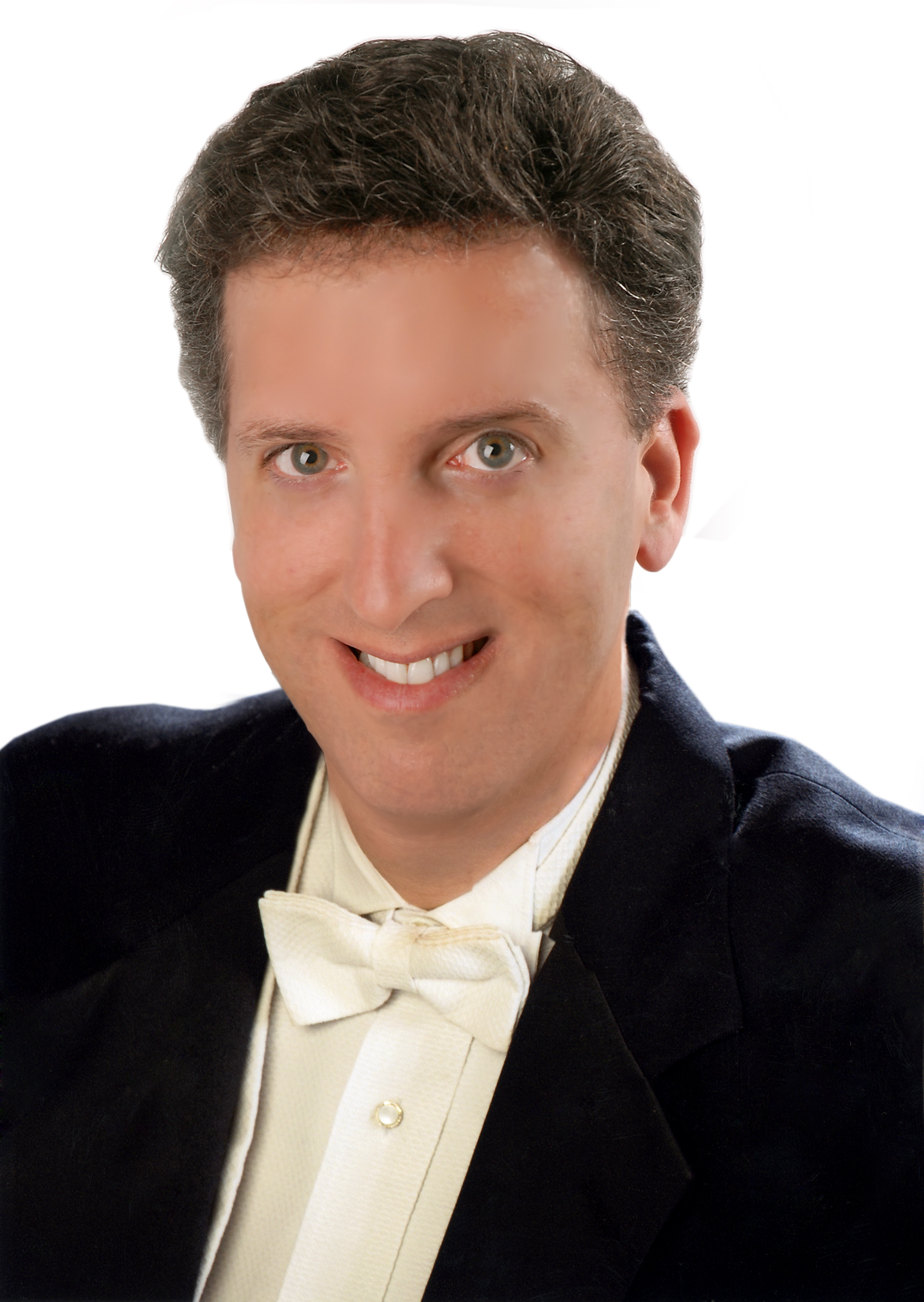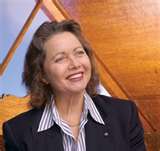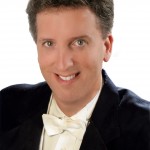Commissioning New Piano Works Through a Consortium of Orchestras: An Interview with Jeffrey Biegel
Ellen Zwilich and Jeffrey Biegel
Ann Drinan: You’ve been involved in putting together several orchestra consortiums that commissioned new pieces for piano and orchestra. Indeed, my own Hartford Symphony was part of the consortium that resulted in the third Lowell Liebermann piano concerto. What’s your current project?
Jeffrey Biegel: I’m currently working on the Ellen Taaffe Zwilich Global Commissioning Project. We have seven orchestras from the US, Canada, and Iceland signed on, and are actively seeking more. I’d like this to be a really global project. We’ve managed to keep the share fee per orchestra to an extremely reasonable $1,000, all of which goes directly to Ms. Zwilich. The length of the piece will depend upon the number of orchestras that ultimately sign up.
AD: What kind of piece is she writing? Can you tell me a bit about it?
JB: It’s called Shadows and is currently about 17 minutes long. It’s scored for a basic orchestra. The instrumentation is not to exceed 2-2-2-2; 2-2-0-0, 1 percussionist, and strings, so it can be performed by a chamber orchestra as well as a full symphony orchestra.
AD: Where did the title “Shadows” come from?
JB: As people have migrated from place to place for many centuries, taking with them ‘shadows’ of their homeland and roots, this new composition will reflect the migration of the human spirit, in musical form, from continent to continent.
To quote from the project proposal, ”Shadows of family, religious, political and cultural roots bind us together as one world, sharing an intense desire for a peaceful world. Joining orchestras worldwide in musical diplomacy is the project mission, and the title of the work increases global awareness of this unique endeavor.”
In the coming months, Ellen will discuss more about the composition as her ideas further develop. But the global migration theme is key to why I really want this to be a global commissioning project.
AD: This is your third or fourth consortium project, isn’t it? Tell me the history. What was your first project and what got you interested in doing it?
JB: The first was the Millennium Fantasy, composed by Ellen Zwilich. We premiered it in September, 2000 with the Cincinnati Symphony, and 27 other US orchestras performed it. The share fee was on a sliding scale, based on the budget size of the orchestra; the smallest orchestra was the Idaho Falls Symphony.
The idea for the consortium came about in a donor’s house – I had just played a holiday concert in his house. After the party he asked how he could help me in my career. So I said, “Your orchestra has done Ellen’s music – I’d like to approach her about commissioning a work and find out how much it would cost.” He encouraged me, so I talked to Jeffrey James, the arts consultant who works with composers on special projects. He sent my recordings to Ellen, and she was very interested. We decided to do a project to celebrate the millennium with a large consortium. So we started to let orchestras know about the project.
I was in Cincinnati in 1999 for a recital and went to Music Hall to hear the symphony while I was there. Jeff Alexander, then an administrator with the orchestra, invited me to come out after the concert and I mentioned the project to him. The CSO had done the second performance of Ellen’s violin concerto – they were very interested in the project but only if they could do the world premiere. So Cincinnati became the launching pad for the project.
The majority of the concerts took place during the 2000-01 season with one additional in 2001-02. And the American Symphony Orchestra didn’t perform it until 2005 at the Bard festival. The recording came out recently on Naxos! [Ed: September 28, 2010]
AD: So all because of a conversation with a donor, 27 orchestras got to perform a new work!
JB: And the curious part of it is that this donor’s orchestra was not part of the consortium!
AD: What was your next project?
JB: Well, we had 25 states represented in the Millennium Fantasy consortium, so I decided to have all 50 states involved in the next one. I did concerts with Don Pippin [of Radio City Hall fame] in Hartford and St. Louis, and asked him about composers. I wanted a more popular composer for this project, tentatively called Concerto America. He immediately suggested Charles Strouse, the Broadway composer [who wrote Bye Bye Birdie, Annie and many others, including the theme to All in the Family].
I had two donors who agreed to pay his fee. The Boston Pops did the world premiere in 2002; they recorded it but it was never released. The Honolulu Symphony performed it in November 2002.
I was contacting other orchestras about getting involved when 9/11 happened. It just wasn’t an appropriate time to ask orchestras to be part of this project; I think people would have viewed it as disrespectful. I called Charles – he watched the twin towers fall from his apartment window. He decided to change the central part of the piece – there are now four bombastic chords, represent the four airplanes? Then America the Beautiful comes in, fragmented – as if shattered. Then he brings you out of this horrible scenario with lifting minor thirds and brings you back to the main motif of the piece. In one part, there’s an almost Middle Eastern pattern – he did that very carefully. It’s very foreboding.
But because of the timing, I left this project with just the two orchestras.
AD: And the third project was the Lowell Liebermann concerto? You knew him at Juilliard, right?
JB: I spoke to Danny Dorff about whom to approach about writing a concerto for another consortium. My preference was Lowell, but a mutual friend had championed his music and I didn’t want to step in. Danny called Lowell and two hours later, Lowell called me, saying that he thought it was time to write another piano concerto.
I tapped old donors to raise the money. I got one “name” orchestra to agree to do the premiere but they didn’t want to pay a share fee. Several other orchestras joined. Then the “name” orchestra notified me that they couldn’t do it. I started to panic, but then I called Mark Hanson, whom I’d met during the Millennium project when he was in Rockford and then Knoxville. He was then Executive Director of the Milwaukee Symphony. I asked him if he’d like to do the premiere.
A month later they agreed, and ultimately 17 other US orchestras and one German orchestra joined the consortium. The Huntsville Alabama symphony will give the last performance of these 18 consortium performances, yet to be scheduled.
AD: Liebermann’s concerto is a wonderful addition to the repertoire. I vividly remember performing it with you; I hope it becomes a standard. So now you’re working with Ellen Zwilich again on a global project.
JB: Yes and I’m very excited about it. We’re calling it the Global Commissioning Project and the Louisiana Philharmonic has agreed to lead the way – they’ll be premiering it, which is very much in line with their attitude that it’s possible to emerge stronger and better-than-ever after a tragic event like hurricane Katrina.
Thus far we have the Louisiana Philharmonic, the Louisville Orchestra, the South Florida Symphony, the Fairfax (VA) Symphony Orchestra, the South Arkansas Symphony, the Niagara Symphony Orchestra in Canada, and the auRORa chamber orchestra in Iceland. I’m actively pursuing additional orchestras. Given the low $1,000 share fee, I’m really hoping we can get orchestras from every continent to participate. Creating a global alliance of symphony orchestras to support Ellen’s Shadows commission will also promote commissions of new music from composers from all over the world.




No comments yet.
Add your comment